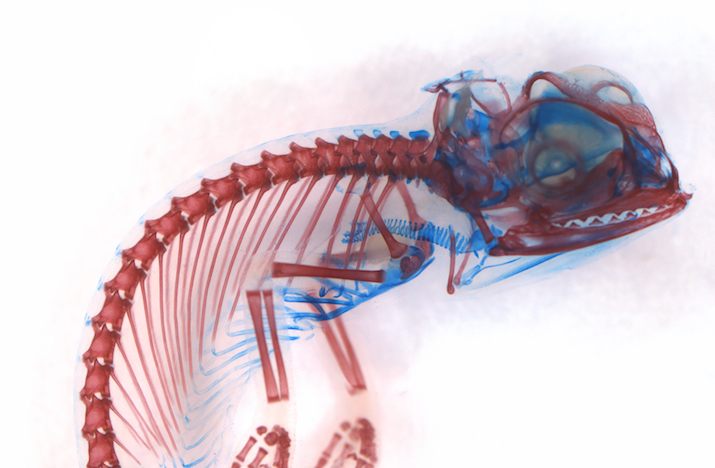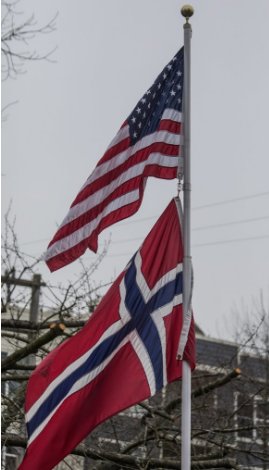A 26-year-old Oregon woman has received the undesirable title of the first human to have tiny parasitic worms previously only ever seen in cattle squirming around in her eyeball.
Infectious disease experts reported that the woman had a total of 14 of the wriggling parasites pulled from her left eyeball after she experienced eye irritation. This happened in August 2016, although the experts only published their paper on Monday, February 12. The woman pulled most of the worms out herself over a 20-day period, despite visiting several doctors. The translucent worms were less than a half-inch long. Since then, she’s made a full recovery, with no more irritation or any evidence of additional worms.
Several of the parasites pulled from her peepers were sent to experts at the Centers for Disease Control and Prevention’s Parasitic Diseases Reference Laboratory. There, the worms were identified as
Thelazia gulosa, a type of tiny worm that’s known to infect the eyeballs of cattle in the US and Southern Canada, as well as Europe, Central Asia, and Australia—but never seen in humans before. The authors report the find in the
American Journal of Tropical Medicine and Hygiene.
The worms live in between the eyeball and the eyelid and tend to cause mild inflammation and an irritating sensation of having something in your eye. Occasionally, they can try to swim across the eyeball and cause corneal scarring and blindness.




They move from eye to eye by hitching a ride in face flies that drink tears, typically in the
Musca genera of flies. Worm larvae in tears get sucked into the fly’s intestines, where they grow and go through two molts. When they’re ready, they move up to the fly’s mouthparts and await eyeball delivery.
CDC experts suspect that the Oregon woman picked up the infection while horse riding or fishing in Oregon over the summer. The flies and parasites are known to pester cattle in the region. And the CDC experts suspect that she may have simply delayed swatting away a face fly while she was focused on her summer activities.







